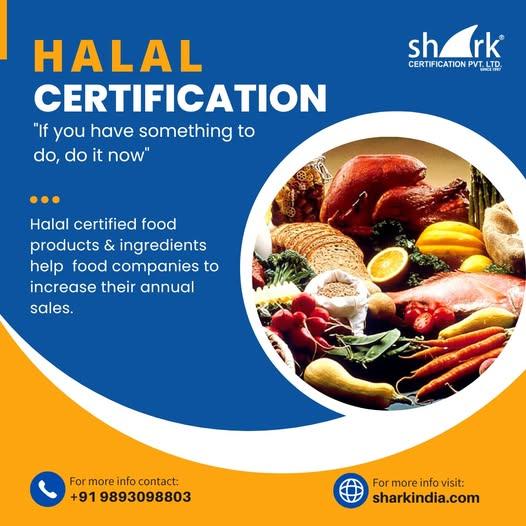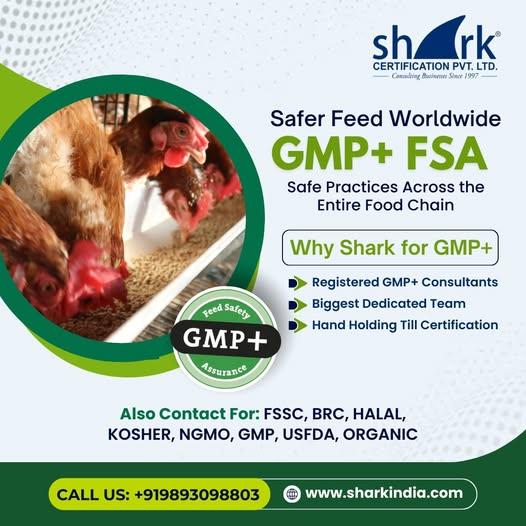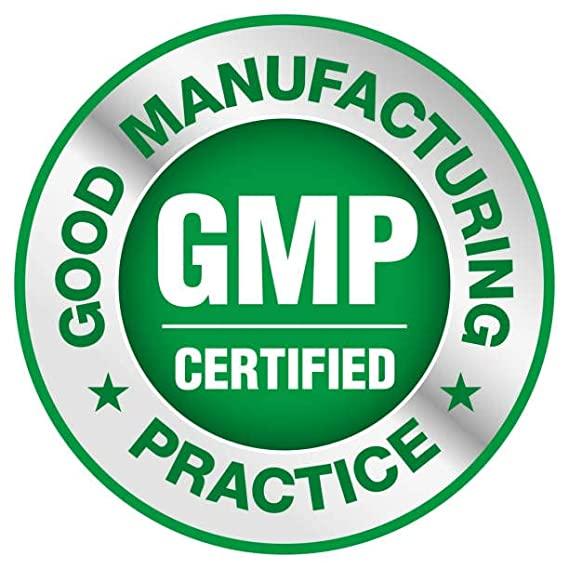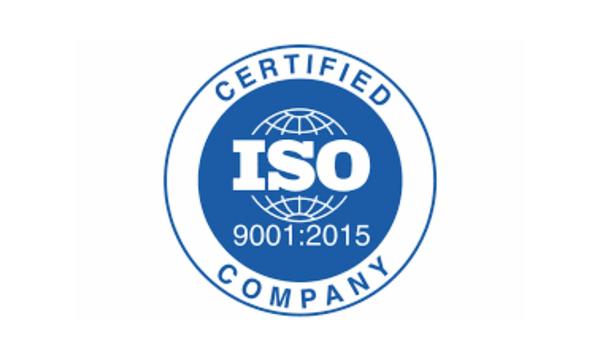HALAL Certification in Indore with Shark Certification Pvt. Ltd. Expand Your Reach. Strengthen Customer Trust. Meet Global Standards. Are you planning to expand into international markets or serve a wider consumer base, including the growing Muslim population? Shark Certification Pvt. Ltd. in Indore offers comprehensive HALAL Certification services that help businesses meet Islamic dietary laws and gain a competitive edge. What is HALAL Certification? HALAL is an Arabic term meaning “permissible” or “lawful.” In the food and product context, HALAL Certification confirms that the items are produced, processed, and handled according to Islamic law (Shariah). This applies not only to food but also to cosmetics, pharmaceuticals, packaging, and more. Why HALAL Certification Matters for Your Business Tap into a global consumer base of over 1.8 billion Muslims Meet export requirements for countries that mandate HALAL compliance Build credibility and consumer trust among Muslim and non-Muslim consumers alike Ensure transparency in sourcing, processing, labeling, and logistics Boost your brand value by showing a commitment to ethical and religious standards Industries That Benefit from HALAL Certification HALAL Certification is essential for a variety of sectors, including: Food and Beverage Manufacturing Meat and Poultry Processing Pharmaceuticals and Healthcare Cosmetics and Personal Care Products Hospitality and Catering Logistics and Packaging Steps to Get HALAL Certified with Shark Certification Pvt. Ltd. Initial Consultation We evaluate your business type, products, and markets to understand your specific HALAL requirements. Gap Analysis Our team assesses current processes to identify areas that need to be aligned with HALAL standards. System Development We help you build a HALAL-compliant system including ingredient sourcing, manufacturing practices, documentation, labeling, and hygiene protocols. Employee Training We train your staff to ensure full understanding and implementation of HALAL principles across your operations. Internal Audit A pre-audit is conducted to ensure readiness before the final certification audit. Third-Party Certification Audit We coordinate with accredited HALAL certification bodies to carry out the official audit and secure your certification. Certification Issuance On successful audit completion, your organization is issued a HALAL certificate, valid for a specified duration. Continual Compliance Support We provide ongoing guidance for surveillance audits, renewals, and system improvements. Why Choose Shark Certification Pvt. Ltd. in Indore? ✅ 25+ Years of Certification Expertise ✅ Trusted by Leading Brands Across India ✅ Affordable and Transparent Pricing ✅ 100% Success Rate in Certification ✅ Dedicated Consultant Support ✅ Fast Turnaround Time ✅ Customized Solutions for All Industry Sizes Benefits of HALAL Certification Increase customer trust and brand loyalty Access global HALAL markets with confidence Qualify for government and private tenders Improve internal systems and food safety protocols Demonstrate compliance with international standards Reduce risks of consumer complaints or regulatory non-compliance Start Your HALAL Certification Journey Today At Shark Certification Pvt. Ltd., we are committed to helping businesses in Indore and across India achieve global certification standards. With our HALAL Certification services, you can build a brand that’s credible, ethical, and future-ready.




